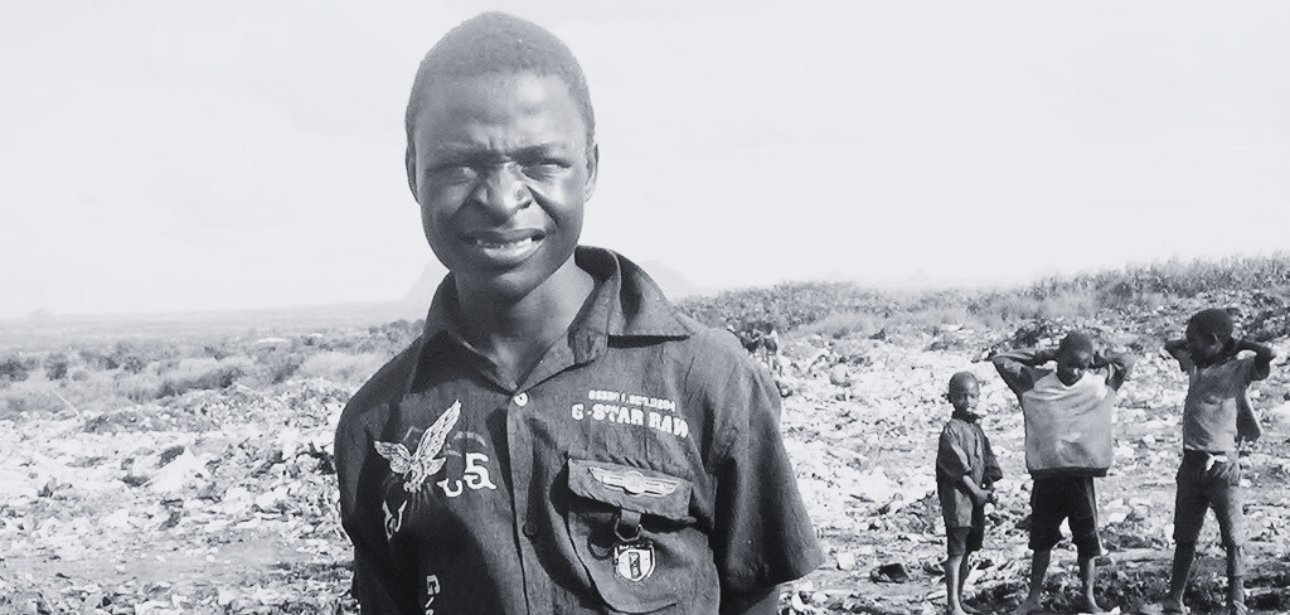In 2012, CRIDOC worked with the National Youth Council (NYCOM) to create videos and radio features about the children who risk their lives at the two significant dumpsites of Lilongwe and Blantyre. This was part of the project to turn the scavenging kids into youth entrepreneurs.
Amid the heaps of garbage and waste at dumpsites, you could often find children scavenging to make a living. These children, who were often from impoverished families, collected all kinds of discarded items, such as plastic, metal, and glass. Despite the dangers of being exposed to harmful chemicals, sharp objects, and infectious diseases, they tirelessly sifted through the trash to find anything of value that they could sell or repurpose.
It was a heartbreaking sight to witness the living conditions and realities that these children faced on a daily basis. Children had the potential to become youth entrepreneurs if society and duty-bearers could only give them a chance for empowerment.
The revelation that some expired dressed chickens from big shops in Lilongwe were still being used to make kanyenya (either braai or fried chicken) on some streets and around some bars in the city is quite alarming. What’s more, this practice existed for over a decade. Children and young people who scavenged at the main landfill in Lilongwe claimed that once the dressed chickens had expired, the big stores frequently threw them away there.
It’s concerning that these chickens were not properly disposed of. Instead, they ended up in the hands of people who were unaware of their expired status. These individuals then went on to sell them as kanyenya on the streets and around bars, posing a serious health risk to those who consumed them.
The government and relevant authorities should have taken action to ensure that proper waste management practices were put in place to prevent this from happening. Furthermore, it was crucial that the public be educated on the dangers of consuming expired food products to prevent them from falling victim to such practices.
The dumpsite, located near Six Miles, some 10 kilometres away from the city, was notorious for nearly 2000 scavenging children who frequented it, according to NYCOM.
In random interviews at the dump site, the children revealed that dressed chicken was the most valuable rotten food, as it sold like hotcakes in town. They said most of their customers plied their trade as kanyenya sellers in some streets and in front of pubs in the city.
“I think our customers buy our chicken at a much lower price than they would buy from shops; that’s why we don’t find problems in selling dressed chicken, unlike these other foodstuffs,” said one of the children (name withheld).
“They (customers) want to make quick and big profits, while our aim is not necessarily to make profits ourselves. We want to survive. We want to earn a penny we can use to buy basic things like soap,” said another kid.
Almost every two hours or thereabouts, day in and day out, a truck from either Lilongwe City Assembly or from another company would offload different kinds of waste, including leftovers from hotels and restaurants, expired beverages, and fresh foods from food shops. Other waste included items from clinics like used bandages, wretched syringes, expired drugs, and other pharmaceutical products.
Yet, there were no efforts or mechanisms put in place by responsible authorities to keep these children away from the site, despite apparently being exposed to a range of contagious diseases and other health hazards. Based on these revelations, these hazards could also be passed on to the other residents.
On his part, former Executive Director for the National Youth Council of Malawi (NYCOM), Aubrey Chibwana, whose organisation was implementing a project then aiming at withdrawing these children from the dumpsite, said there were about 2000 children who were thought to be frequenting the dumpsites in both Lilongwe and Blantyre. Yet, the project could only afford to remove a total of 280 children and youth in the two years of its contractual existence.
“We are providing scholarships to the children of school-going age, while those who are older are being sent to Don Bosco Youth Technical Institute to learn various vocational skills, where they learn carpentry, tailoring, and bricklaying. But as you know, behavioural change is always a slow process,” said Chibwana, urging other stakeholders to take their role seriously in turning these youth scavengers into youth entrepreneurs.





